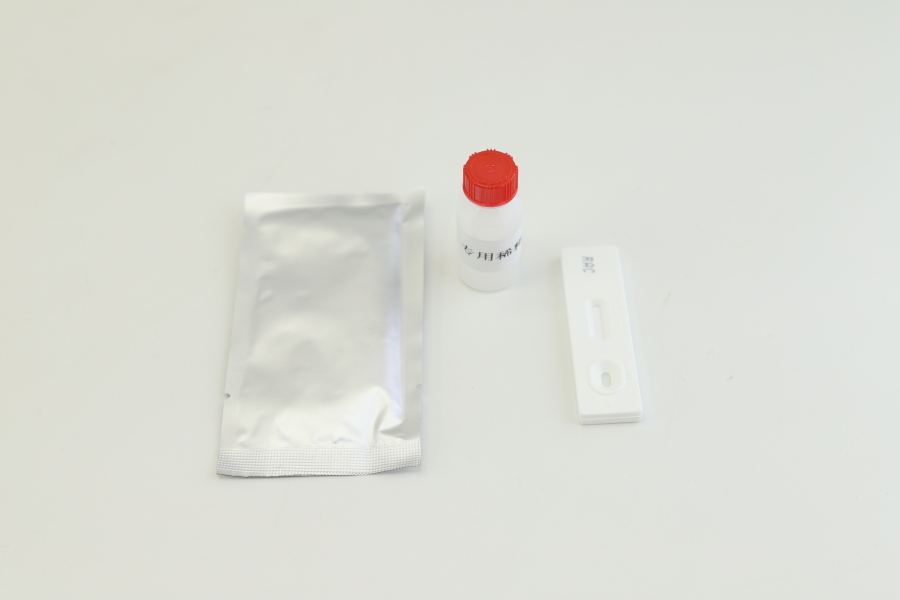
In the field of food safety, the detection of veterinary drug residues is an important link to protect public health. Among them, the residue problem of sulfonamides and their synergist trimethoprim has attracted much attention, and the establishment of scientific and sound detection standards has become an industry consensus.
Sulfonamides, as broad-spectrum antimicrobials, have been widely used in livestock and poultry breeding. However, drug abuse may lead to their residues in animal-derived foods, and long-term intake will cause potential harm to the human body. Trimethoprim is often used in combination with sulfonamides to enhance the antibacterial effect, so the two are often included in the scope of detection. Our country has formulated strict limit standards and detection methods for such residues, providing a technical basis for food safety supervision.
Testing standards usually cover key links such as sample pretreatment, instrumental analysis, and quality control. High performance liquid chromatography is one of the mainstream detection technologies at present, with the characteristics of good separation effect, high sensitivity, and strong accuracy. The detection process needs to strictly control the extraction efficiency, purification effect, and instrument parameter settings to ensure the reliability of the results. For grassroots supervision and enterprise self-inspection, rapid detection methods are playing an increasingly important role because of their convenient and efficient advantages, which can realize rapid screening of large quantities of samples.
Wuhan Yupinyan Bio focuses on the research and development and production of food safety rapid detection reagents, and deeply understands the guiding significance of testing standards for the development of the industry. The company is committed to providing rapid detection products that meet the requirements of national standards by continuously optimizing the reagent formula and production process. These reagents can meet the needs of on-site rapid screening, help relevant units improve detection efficiency, detect latent risks in time, and contribute to the construction of food safety defenses.
With the continuous advancement of detection technology, new standards and new methods will continue to emerge. The industry needs to pay close attention to standard dynamics, strengthen detection capacity building, and jointly protect consumers' "safety on the tip of the tongue". Wuhan Yupinyan Bio will also continue to deepen the field of rapid detection to provide stronger technical support for food safety supervision.

